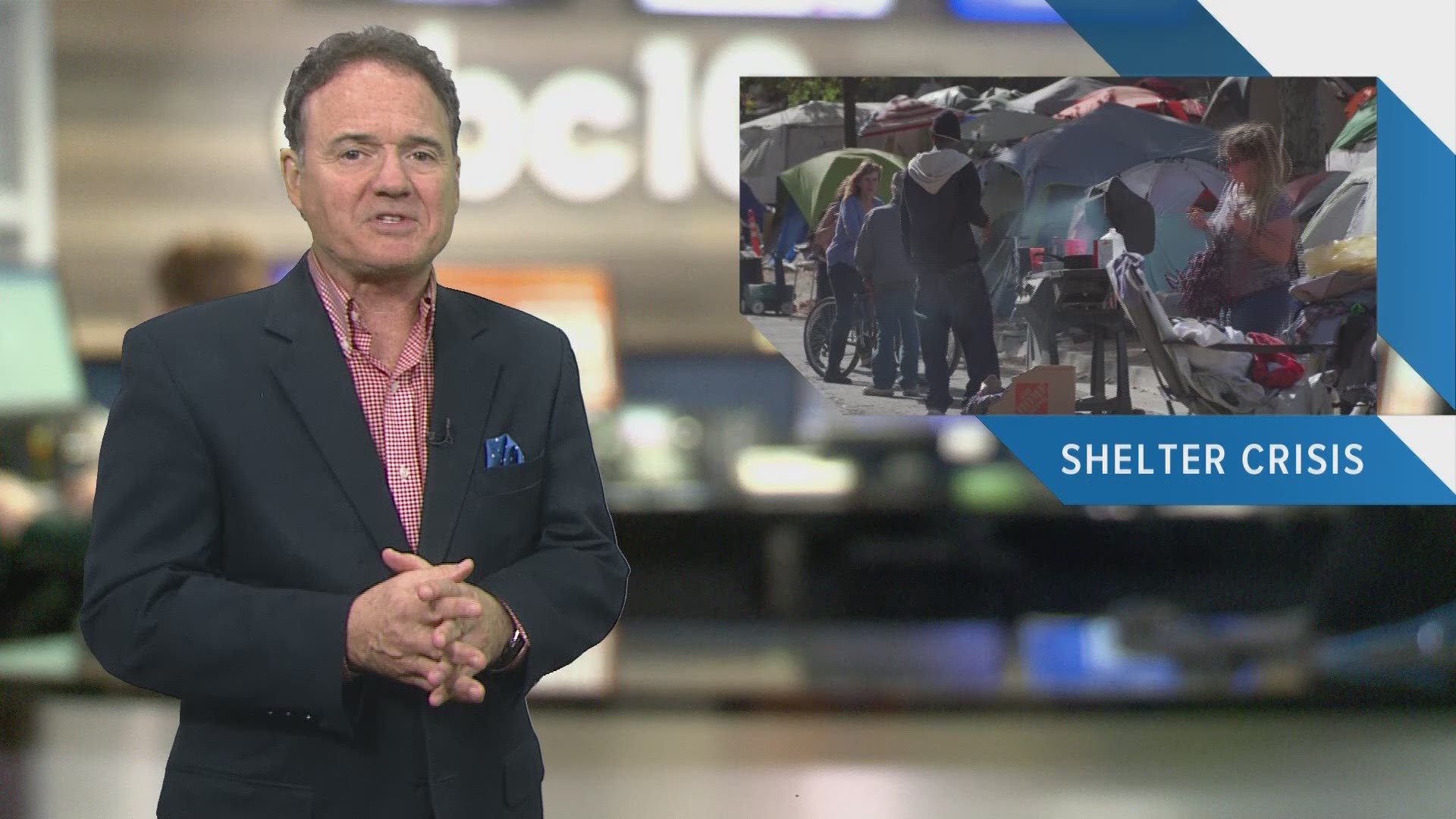SACRAMENTO, Calif. (AP) — A state board is expected to vote Wednesday on a contentious proposal to boost water flows through a Central California river, a move that would increase habitat for salmon but deliver less water to farmers and cities such as San Francisco.
The plan under consideration by the Water Resources Control Board would alter management of the Lower San Joaquin River and three tributaries to address what environmental groups say is a crisis in the delta that empties into San Francisco Bay.
Gov. Jerry Brown and his successor Gavin Newsom have urged water users to make voluntary concessions on water usage to avoid the need for the board to mandate higher river flows. They said a negotiated settlement would be better than lawsuits that likely would tie up a board mandate for years.
Water users along the Tuolumne River — a tributary of the San Joaquin — have agreed to concessions that would improve fish habitat, said Chuck Bonham, director of the Department of Fish and Wildlife. But water users along the San Joaquin's other tributaries — the Merced and Stanislaus rivers — did not reach a similar agreement.
Bonham asked the water board to create a "safe space" from state mandates for Tuolumne water users as a way to recognize their cooperation.
The board has proposed increasing San Joaquin River flows to about 40 percent of what they would be if not for the extensive network of dams and canals that divert water to farm fields and cities.
Farmers say the change would drastically curtail the water they need and devastate the economy of the Central Valley.
Tuolumne River water users agreed to a variety of concessions to improve salmon habitat over 15 years. They would increase water flow less than the state mandate while taking other environmental actions. Those include: larger river flows during certain critical periods of fish migration; barriers to block the passage of invasive predators that feast on young salmon; more gravel in rivers to provide spawning habitat for salmon.
Water users farther north, along tributaries to the Sacramento River, also agreed to concessions, officials said. Those rivers, which flow into the same troubled delta ecosystem, are not subject to the current proposed restrictions but similar mandates are under consideration.
Under the proposal being considered by the board, water flowing through the delta tributaries would increase by 740,000 acre feet per year through reservoir releases, fallowing farmland and other strategies. It would also generate $1.7 billion from water users and the state to be spent on infrastructure and research into which strategies most effectively improve fish habitat.
Voluntary agreements bring speed and certainty to the environmental improvements, supporters said. A state mandate would almost certainly be tied up in courts for many years and might ultimately be thrown out.
"If the state takes action today, nothing happens in 2019 except litigation," Bill Paris, a lawyer representing the Modesto Irrigation District, told the board. "Everyone will go into their bunker mentality" and progress will halt.
Environmental groups said they were seeing the agreement for the first time and still studying it, but most said it seemed to provide modest environmental benefits at best. They urged the board to adopt the mandate.
"While we believe that negotiations are possible and should continue, what has been presented today is not adequate," said Doug Obegi of the Natural Resources Defense Council.
Watch now...ABC10 Presents "California Wildfires: Escaping Paradise": When the Camp Fire ignited, it started a chain of events that allowed it to become the deadliest wildfire in California history, claiming lives in the town of Paradise, California and the surrounding neighborhoods of Concow and Magalia on November 8, 2018.

